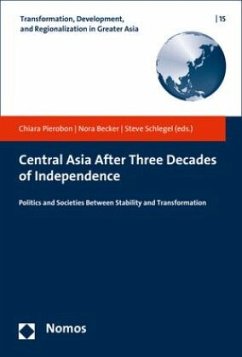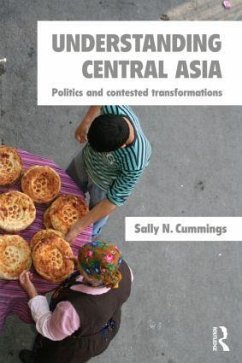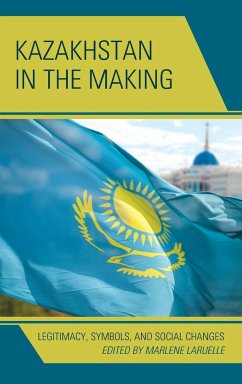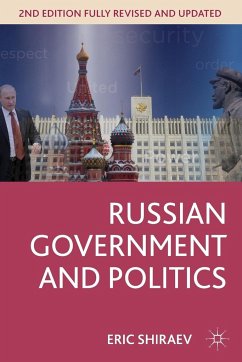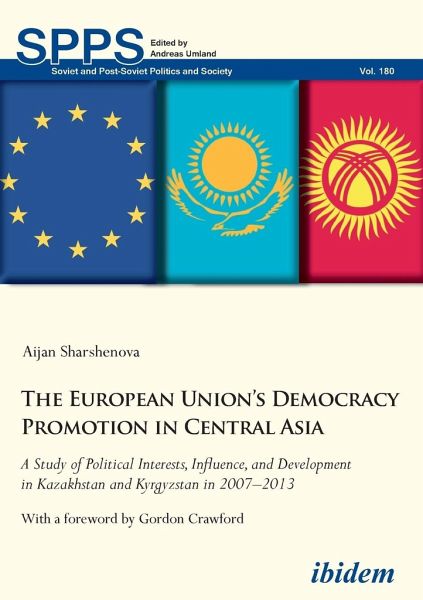
The European Union's Democracy Promotion in Central Asia. A Study of Political Interests, Influence, and Development in Kazakhstan and Kyrgyzstan in 2007-2013
Versandkostenfrei!
Versandfertig in 6-10 Tagen
39,90 €
inkl. MwSt.

PAYBACK Punkte
0 °P sammeln!
Brussels made democracy, human rights, the rule of law, and good governance its top co-operation priorities in the EU Strategy Framework towards Central Asia for 2007-2013. This book examines two interrelated questions: To what extent has EU democracy promotion in Central Asia been successful? And, to the extent that it was successful, why was it so? The book presents a comprehensive analytical framework for the evaluation of democracy promotion, including factors which may facilitate or hinder democratic development in Central Asia. It demonstrates the validity of a holistic approach to analy...
Brussels made democracy, human rights, the rule of law, and good governance its top co-operation priorities in the EU Strategy Framework towards Central Asia for 2007-2013. This book examines two interrelated questions: To what extent has EU democracy promotion in Central Asia been successful? And, to the extent that it was successful, why was it so? The book presents a comprehensive analytical framework for the evaluation of democracy promotion, including factors which may facilitate or hinder democratic development in Central Asia. It demonstrates the validity of a holistic approach to analyzing impediments of democracy promotion meaning that external pro-democratic support is affected by a variety of diverse factors whose impact can vary as international, regional, and domestic conditions change. The stable and rich authoritarian state of Kazakhstan is different from the much poorer Kyrgyzstan-a state prone to political instability, but also to democratic openings. By contrasting the success of democracy promotion in these two countries which have different strategic importance for the EU, this study provides valuable insights into how non-normative interests interfere with normatively driven policies.







